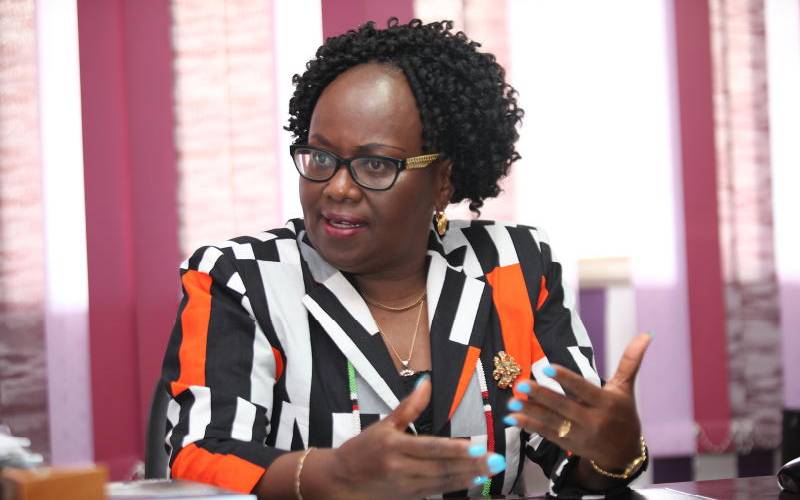×
The Standard e-Paper
Kenya’s Boldest Voice

Prof Patricia Kameri-Mbote. [File, Standard]
Law scholar Patricia Kameri-Mbote is a trailblazer in many areas. She is the first female professor of law in Kenya and the first woman to hold the position of Dean of the University of Nairobi’s Law School. Prof Kameri-Mbote is also among the first few women lawyers to be conferred the rank of Senior Counsel.